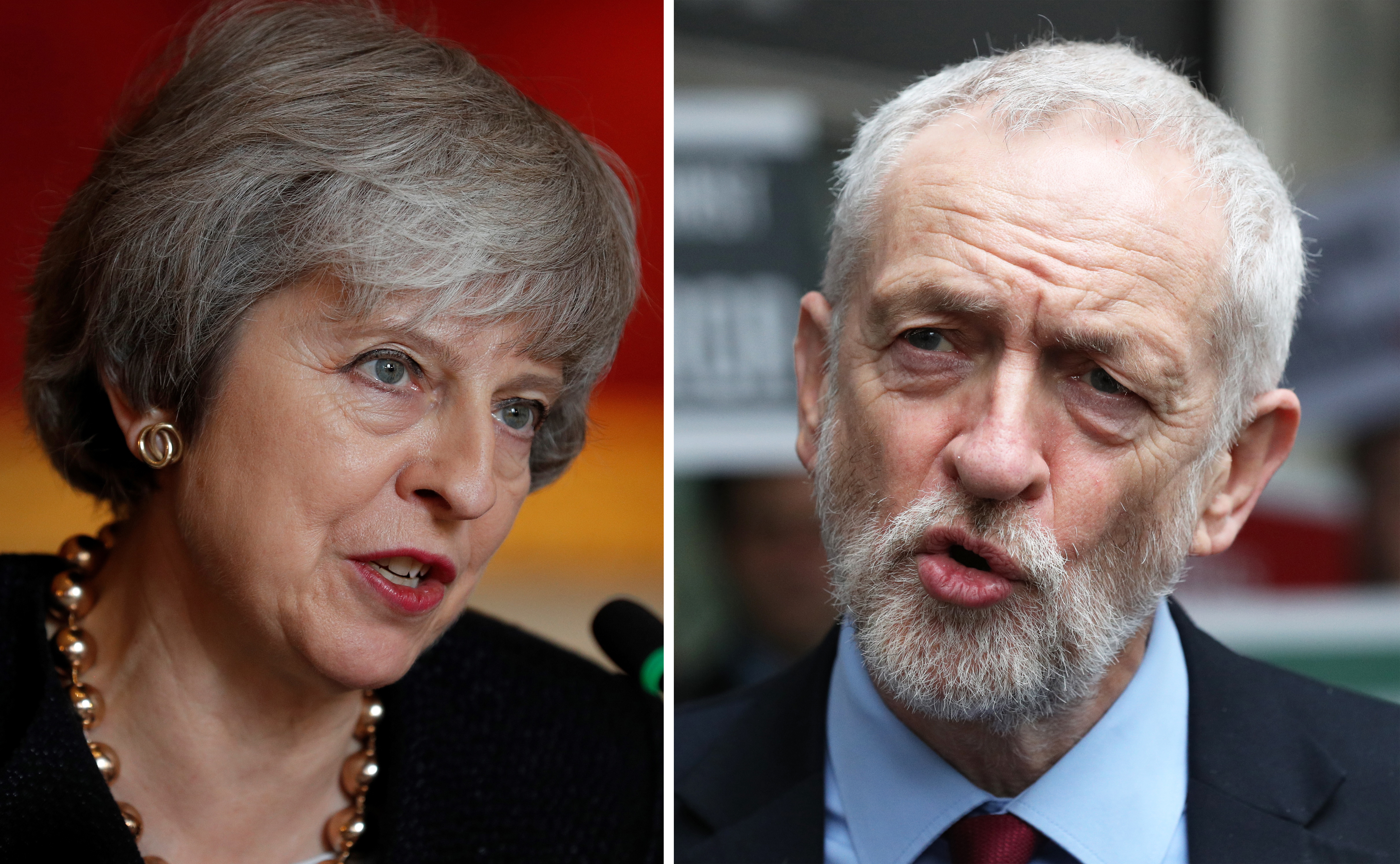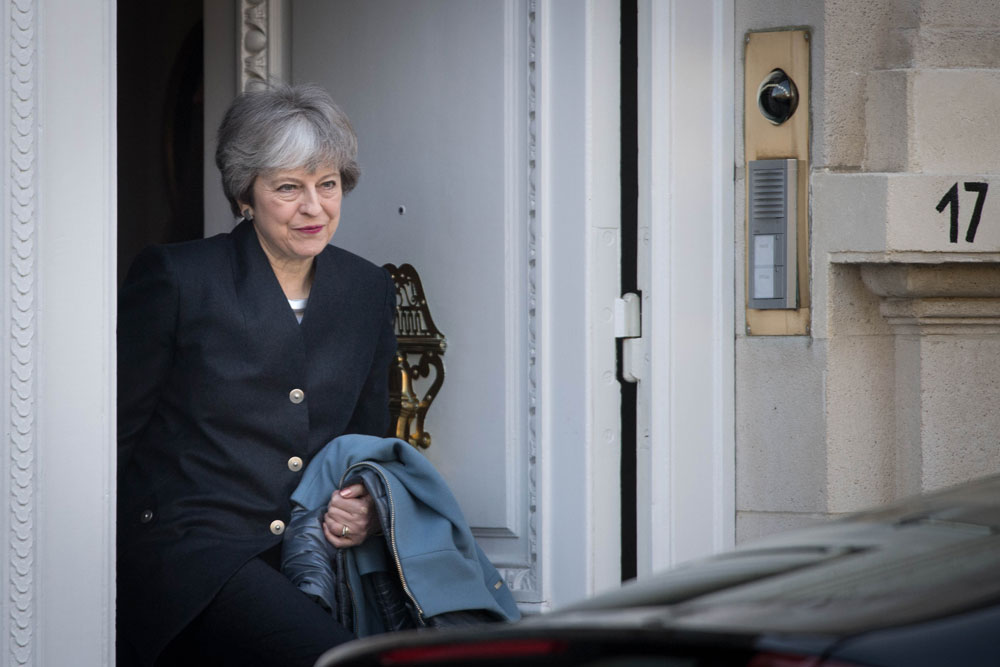Did those who voted leave in the June 2016 Brexit referendum ever imagine this? That less than three years later the British prime minister would be simultaneously begging the European Union to let the United Kingdom stay a member a little longer, and that she would also be pleading with the Labour Party to find a compromise on the terms of withdrawal?
Indeed the two are connected, as it is only because there is some prospect of a cross-party deal in Westminster that the EU leadership was contemplating any delay at all. Britain was due to leave the EU this Friday evening - already a postponed departure date.
The EU is right to be sceptical about what is going on in London. Their agreement to a leaving date extension until the end of October was manifestly a reluctant one. It is well known that Labour's minimum terms for a Brexit deal is permanent membership of the EU customs union, which flatly contradicts one of Theresa May's famous red lines. Labour is also leaning strongly towards insisting on a second referendum, though there is some disagreement within Labour's ranks on that. Again that is anathema on the Tory side, not least because of the real possibility that Brexit itself could be reversed. Not everyone who howls about the sanctity and inviolability of the democratic process in 2016 can be taken at face value.
There is an air of bad faith about these talks, and the EU must be scratching its head. Perfidious Albion - la perfide Angleterre - is still around. On BBC radio recently I heard Polly Toynbee, doyen of left-wing columnists, and Daniel Finkelstein, ditto on the right but also a Tory peer, agree that these talks between Labour and Conservative leaders were something of a pretence, for the sake of helping Mrs May gain an extension of the Brexit deadline.
In other words they were not seriously negotiating. The EU wanted some evidence of political progress, some sign of things changing in Westminster, to justify that postponement. Yet so far the Government has made no concession regarding the customs union membership that Labour seeks. Indeed Mrs May knows that any such concession would trigger an internal Tory earthquake to undermine the ground she is standing on. So are the talks a complete charade? We shall see very shortly.
And has the EU been duped? Probably not, because it already has a very low level of trust in the British. It knows with whom it is dealing. It knows that her own position is precarious, and she cannot commit any successor. Her word is almost worthless.
The date she wanted the delay until, 30 June, was sufficiently soon to rule out both a general election and another referendum. But 31 October is not. Both would be possible within that time. That may be why she chose the June date; and indeed why the EU chose October instead. So these developments make a general election more likely. And a total collapse in Mrs May's support in Parliament would leave her little choice. Not far off, either.
Certainly, Labour is not going to want to be seen to be propping up a Tory PM who has lost the confidence of her own party. Many strange things may have happened since June 2016, but that is not going to be one of them. But another strange thing has indeed happened. By inviting it into talks with her, Mrs May has added massively to Labour's credibility as an alternative government.
So, Jeremy Corbyn versus Boris Johnson, who would win? A Corbyn prime ministership has never seemed more likely.



 Loading ...
Loading ...
What do you think?
You can post as a subscriber user ...
User comments (0)